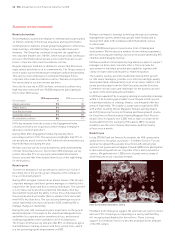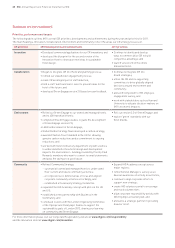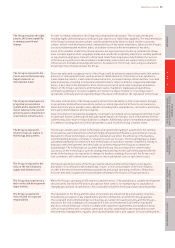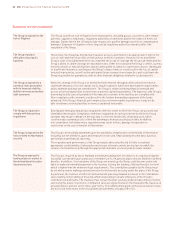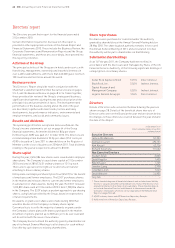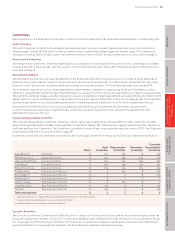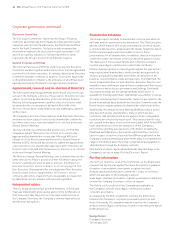Holiday Inn 2010 Annual Report Download - page 38
Download and view the complete annual report
Please find page 38 of the 2010 Holiday Inn annual report below. You can navigate through the pages in the report by either clicking on the pages listed below, or by using the keyword search tool below to find specific information within the annual report.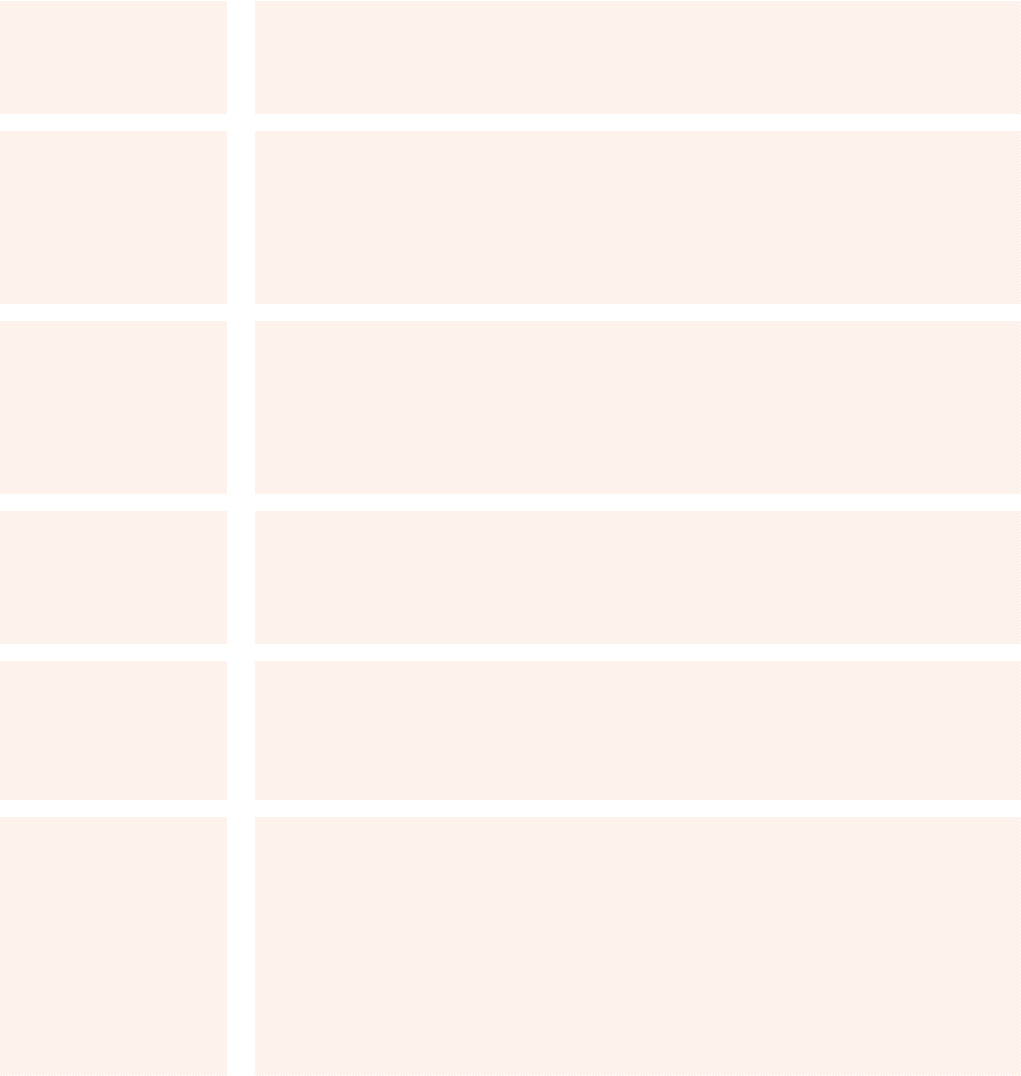
Business review continued
36 IHG Annual Report and Financial Statements 2010
The Group is exposed to the
risk of litigation
The Group could be at risk of litigation from many parties, including guests, customers, joint venture
partners, suppliers, employees, regulatory authorities, franchisees and/or the owners of hotels we
manage. Claims filed in the US may include requests for punitive damages as well as compensatory
damages. Exposure to litigation or fines imposed by regulatory authorities may also affect the
reputation of the Group.
The Group may face
difficulties insuring its
business
Historically, the Group has maintained insurance at levels determined to be appropriate in light of the
cost of cover and the risk profiles of the business in which it operates. However, forces beyond the
Group’s control, including market forces, may limit the scope of coverage the Group can obtain and the
Group’s ability to obtain coverage at reasonable rates. Other forces beyond the Group’s control, such as
terrorist attacks or natural disasters may be uninsurable or simply too expensive to insure. Inadequate
or insufficient insurance could expose the Group to large claims or could result in the loss of capital
invested in properties, as well as the anticipated future revenue from properties, and could leave the
Group responsible for guarantees, debt or other financial obligations related to such properties.
The Group is exposed to a
variety of risks associated
with its financial stability,
ability to borrow and satisfy
debt covenants
While the strategy of the Group is to extend the hotel network through activities that do not involve
significant amounts of its own capital, we do require capital to fund some development opportunities
and to maintain and improve owned hotels. The Group is reliant on having financial strength and
access to borrowing facilities to meet these expected capital requirements. The majority of the Group’s
borrowing facilities are only available if the financial covenants in the facilities are complied with.
Non-compliance with covenants could result in the lenders demanding repayment of the funds
advanced. If the Group’s financial performance does not meet market expectations, it may not be
able to refinance existing facilities on terms considered favourable.
The Group is required to
comply with data privacy
regulations
Existing and emerging data privacy regulations limit the extent to which the Group can use personal
identifiable information. Compliance with these regulations in each jurisdiction in which the Group
operates may require changes in the way data is collected, monitored, stored and used, which
could increase operating costs or limit the advantages from possessing such data. In addition,
non-compliance with data privacy regulations may result in fines, damage to reputation or
restrictions on the use or transfer of information.
The Group is exposed to the
risks related to information
security
The Group is increasingly dependent upon the availability, integrity and confidentiality of information
including, but not limited to, guest and employee credit card, financial and personal data, business
performance and financial reporting.
The reputation and performance of the Group may be adversely affected if it fails to maintain
appropriate confidentiality of information and ensure relevant controls are in place to enable the
release of information only through the appropriate channels in a timely and accurate manner.
The Group is exposed to
funding risks in relation to
the defined benefits under
its pension plans
The Group is required by law to maintain a minimum funding level in relation to its ongoing obligation
to provide current and future pensions for members of its UK pension plans who are entitled to defined
benefits. In addition, if certain plans of the Group are wound up, the Group could become statutorily
liable to make an immediate payment to the trustees to bring the funding of defined benefits to a level
which is higher than the minimum legal requirements. The contributions payable by the Group must
be set with a view to making prudent provision for the benefits accruing under the plans of the Group.
In particular, the trustees of IHG’s UK defined benefit plan may demand increases to the contribution
rates relating to the funding of this plan, which would oblige relevant employers of the Group to
contribute extra amounts. The trustees must consult the plan’s actuary and principal employer before
exercising this power. In practice, contribution rates are agreed between the Group and the trustees on
actuarial advice, and are set for three-year terms. The funding implications of the last actuarial review
are disclosed in the notes to the Group financial statements on pages 98 to 101.


